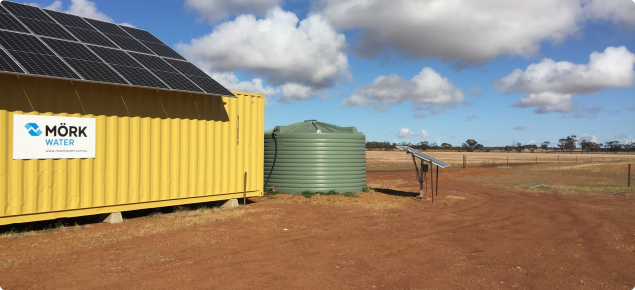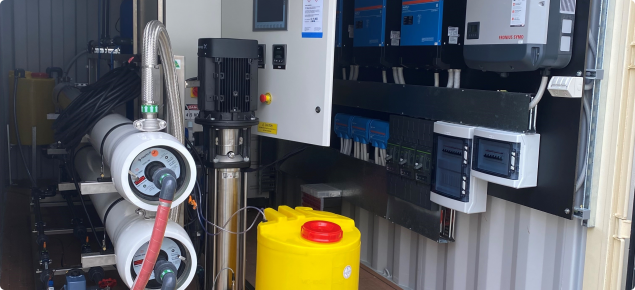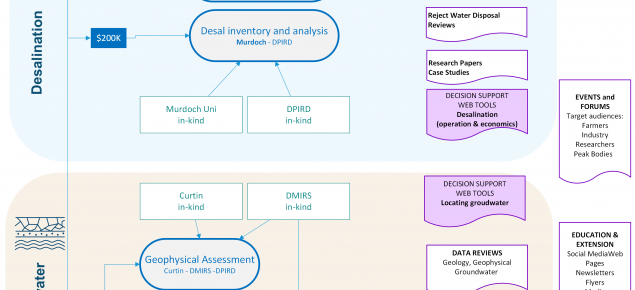Decision support tools
WaterSmart Farms is producing a series of support tools that will assist farmers and other industry stakeholders to make informed decisions.
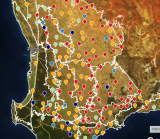 | Groundwater and Salinity Interactive Map
|
 | GeoMap
|
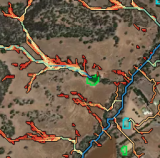 | Surface Water and Dams - Hydro Guide
|
WaterSmart Farms project gallery
The gallery below shows WaterSmart projects, demonstration sites and research areas. To see more detail view the project gallery.
Podcasts
To hear about dams, deep drilling and desalination of farms, listen to the WaterSmart Farms espisodes hosted on MADFIG’s ‘Farming in the Eastern Wheatbelt’ podcast series.
Project updates
Click below to hear the webinar 'WaterSmart farms resilience in a drying climate' from 12 July 2023.
Climate Action in Western Australia
Western Australia is taking significant steps to prepare for climate change and achieve net zero emissions by 2050.
There are various initiatives in place to support more opportunities in low-carbon jobs and new industries (such as renewable hydrogen, future battery and carbon farming).
Solar, wind, and other renewable sources of energy will power our homes and businesses. This paves the way for reliable and affordable energy for generations to come.
Adaptation is also a key response to manage in an increasingly variable climate. With a drier and hotter conditions, securing water in regional areas is critical to enable agriculture and sustain regional communities.
Find out more about how the WA Government is developing new water technology options through its WaterSmart Farms and related initiatives underway in WA, go to Climate Action WA.

